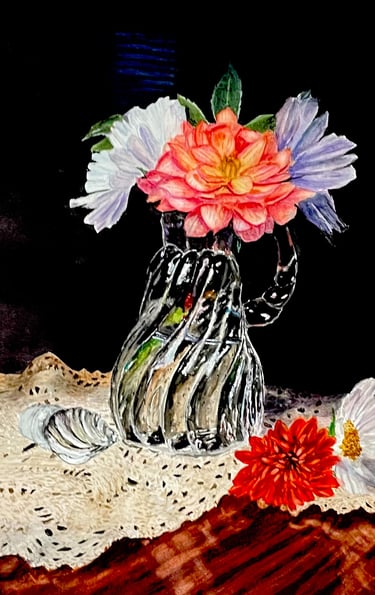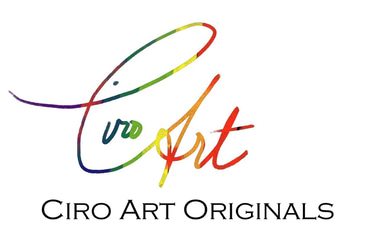On Following Our Passions
3 min read


On Following Our Passions
Recently, I was surprised and pleased to learn a long time physician colleague plays the saxophone with a professional ensemble. In my world, he is known as one of the best doctors in the county. He is a scientist and an amazing diagnostician who uses his vast knowledge base to save lives every day. His schedule is long and arduous and his actions are guided by algorithm with little room for improvisation.
In another world he is an artist; a talented jazz musician respected by fellow musicians who are unaware of his skills as a critical care specialist in intensive care unit. He straddles between two parallel universes and in doing so he creates a beautiful harmonic vibration in a busy life. His diverse interests make way for a well-roundedness that improves performance in both worlds.
Yet there is often a curtain drawn between the two personas. I remember watching the movie about a business executive who wanted to be a dancer. He went to great lengths to keep it a secret from his coworkers and even his wife. What he later learned was that his coworker was actually putting on a disguise and taking the same dance lessons. Each was afraid that by revealing their passion they would be open to judgement or ridicule.
Why was I surprised to learn that my colleague friend was an accomplished musician. In the first place, I never asked what his interests were outside of medicine. And secondly, his musical skills were inconsequential to his responsibilities in the intensive care unit. He wanted to keep both worlds separate. In his music world, he did not want to risk judgment by his fellow musicians or his audience. He did not want one world to devaluate the other.
This sentiment is particularly true in the artworld; an environment of free expression and creativity that often values extraneous attributes over the intrinsic merit of an art piece. Factors that determine the success of an artist may have more to do with celebrity, who the collectors are, and how many followers are in a social media account. So an artist, regardless of skill level, may not want to exacerbate an “imposter syndrome”. In the scientific world, a physician, touted as an accomplished artist may be deemed unsuitable for advancement in an academic institution. Patients may be put off by the physicians certain outside interests. In which world do loyalties lie….. intentions and sincerity may be questioned.
In reality, forks in the road do not always lead to divergent paths. Sometimes paths are parallel and close enough to move from one to the other. We all like to experience new things. Staying on only one path may be the exception for many of us. We may change careers early or wait for retirement to pursue our passions. But it’s important to know that when pursuing a passion, there is no such thing as wasting previously invested time. There is always enough road left to travel. It is never too late to start something new. Within pragmatic boundaries, we should follow our passions with an understanding that we will make mistakes and that we learn from those mistakes.
We are not defined by our career title. We are not accountants, nurses, lawyers etc. Instead, we are first individuals who we’ve known since childhood. We are sons, daughters mothers and fathers. We are people with likes and dislikes, and we are mortal. Our careers help us achieve individual fulfillment; but it is not who we are. What are we left with when we no longer do “what we do”!
Some may think that pursuing side interest may detract from achieving success. We overvalue career goals when it is really the process that is key to fulfillment. Goals beget more goals….So they become oxymoronic. We should enjoy the process of learning something new, the process of making mistakes, and the process of sharing experiences with others who are on the same journey.
